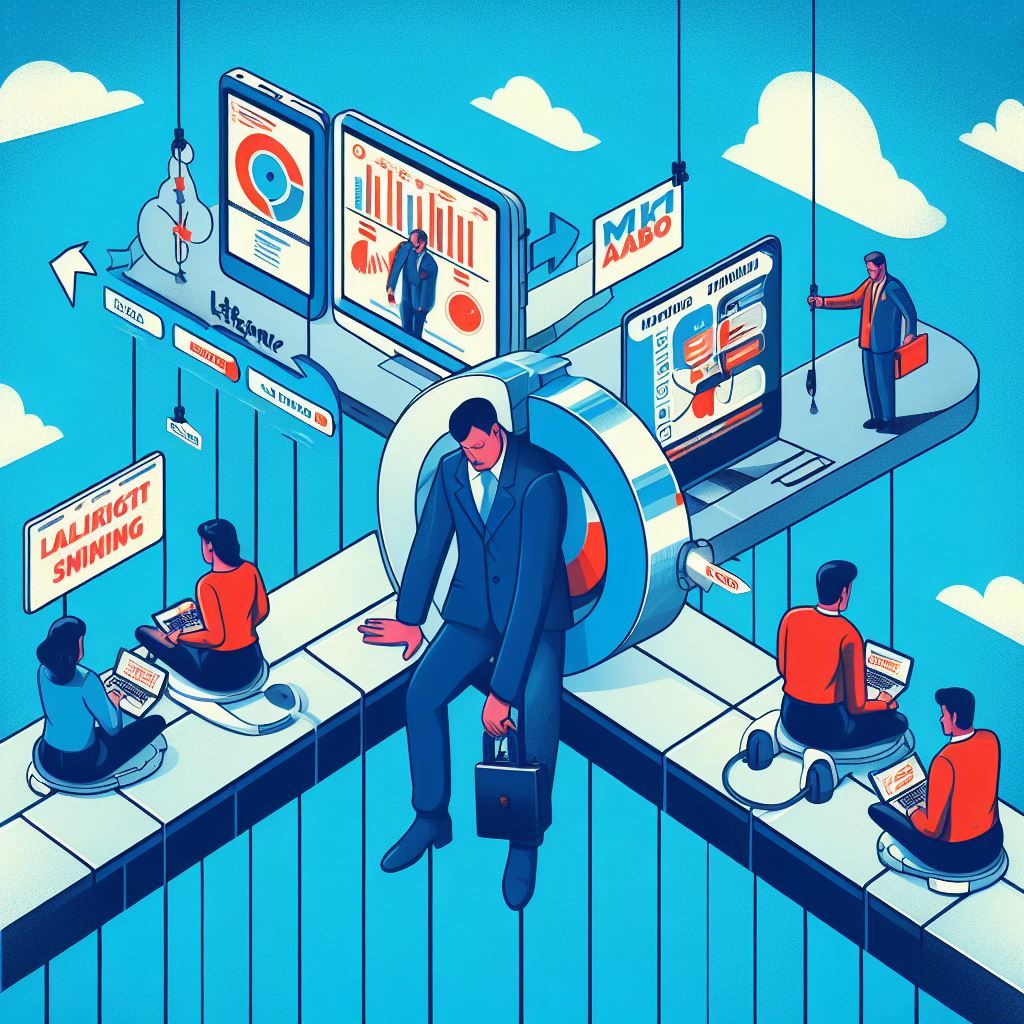The sales job has experienced a significant evolution in recent years, driven by changes in consumers‘ behavior and expectations, as well as technological advancements. In this modern sales landscape, the traditional approach to sales management and strategies has been replaced by a customer-centric philosophy that focuses on personalized experiences. Consequently, sales managers are increasingly adopting more data-driven methods and leveraging tools such as artificial intelligence (AI) and automation to optimize their teams‘ performance.
The Shift from Traditional Sales Management to Customer-Centric Approach
In the past, sales management primarily focused on product and service presentations and relied heavily on the salesperson’s ability to convince potential clients. The current sales management landscape, however, is marked by an emphasis on understanding the customers‘ emotions, needs, and preferences. Sales managers are now expected to be not just sales-oriented but also customer-centric. This means that they must comprehend the complex interplay of emotions, needs, and triggers that influence customers‘ buying decisions.
Emotional Intelligence in Sales: Understanding and Addressing Customers‘ Feelings and Emotions
To be truly effective in their roles, sales managers need to grasp that customers do not rely solely on rational thought when making purchasing decisions. Emotions and feelings also play a pivotal role in shaping customers‘ choices. Sales managers must develop a comprehensive understanding of these emotions, identify the triggers that evoke them, and learn how they impact buying behavior. By incorporating emotional intelligence into their sales strategies, the sales managers can ease customers‘ fears, address their concerns, and make them feel comfortable during the purchasing process.
Embracing the Latest Sales Technologies and Trends to Enhance Sales Effectiveness
In order to navigate the contemporary sales landscape successfully, sales professionals must constantly stay updated on the latest sales trends and embrace innovative technologies, such as AI and automation. By adopting these cutting-edge tools, sales teams can gain valuable insights into customer behavior, allowing them to tailor their sales approaches accordingly. The utilization of data-driven methods can help sales teams become more efficient, effective, and agile, which ultimately leads to improved sales performance.
In conclusion, the modern sales job has undergone significant changes, making it crucial for sales managers to adopt a customer-centric, data-driven approach.
By understanding their customers‘ emotions and using current sales technologies, salespeople can boost their effectiveness and positively impact the success of their organizations.
text partially created by an ai model











